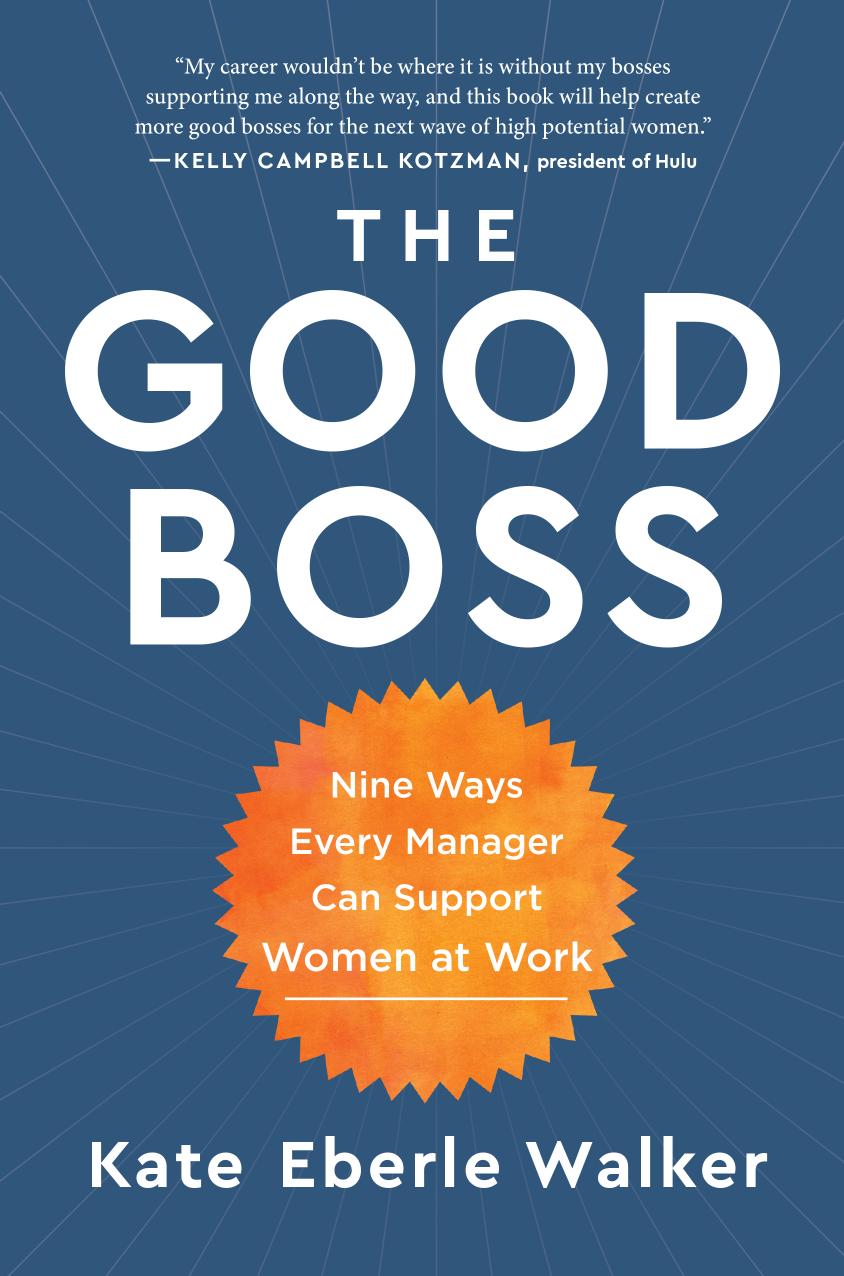The Good Boss: 9 Ways Every Manager Can Support Women at Work by Kate Eberle Walker

Author:Kate Eberle Walker [Walker, Kate Eberle]
Language: eng
Format: epub, pdf
Tags: Business & Economics, Leadership, Women in Business, Workplace Culture
ISBN: 9781953295163
Google: 1qT8DwAAQBAJ
Publisher: BenBella Books
Published: 2021-03-09T23:20:11.545953+00:00
Lauri Kien Kotcher, the CEO of Hello Products, a fast-growing oral care company that brought charcoal toothpaste to the masses, set out to establish truly stress-free flexibility as not just a part of working life at Hello, but as a core value. In her prior work as a partner at consulting firm McKinsey & Company, Kien Kotcher had successfully navigated her career as a working mom despite the stress and challenges of managing her home schedule and work schedule. At Hello, she set out to build a company that was designed to allow its employees to succeed by removing that stress.
No company can completely eliminate the stress that arises from having to manage a sometimes-overwhelming amount of responsibility that comes from the combination of job requirements and household management requirements. But Kien Kotcher identified a third generator of stress: the need to hide, explain, or apologize when an employee needs to do something for her family at a time that she is also expected to be at work. The common response to this stress is to lie, either outright or by omission. Instinctively, many women will try very hard to avoid saying that they have to leave at five oâclock to make it to day care on time, or they will say that they canât meet at 11 AM because âthey have a conflictâ rather than admitting that the conflict is a doctorâs appointment for their child.
So, at Hello, a foundational rule is that everyone leaves when they need to leave, no explanation and no apology. âWe tell our employees, you are 100 percent supported in the way you choose to manage your life,â says Kien Kotcher. If you need to leave on the early side to make it to day care pickup on time, you do it. If a child stays home sick from school and you need to work from home that day, you work from home.
But doing this well requires conscious flexibility rather than total flexibility. âWe set a default expectation that we prefer to have everyone in the office together on weekdays from nine to five. Itâs important for collaboration and trust that we spend time together.â So itâs not a case of work whenever you want, wherever you want. Kien Kotcher knows where employees are, and if they are not in the office, she generally knows why. In fact, she was able to rattle off a list of specific scheduling needs for every member of her own team. Itâs just that she is imminently clear that family obligations are a legitimate reason not to be in the office, so when they come up, employees know that they can do what they need to do without apology. This trading of one type of flexibility for another is what allows for truly no-apology family flexibility without disconnectedness. Culture drift can come when a team is too flexible or remote and the members are not getting reliable time together to interact and solidify their connections to each other and to the company.
Download
The Good Boss: 9 Ways Every Manager Can Support Women at Work by Kate Eberle Walker.pdf
This site does not store any files on its server. We only index and link to content provided by other sites. Please contact the content providers to delete copyright contents if any and email us, we'll remove relevant links or contents immediately.
Zero to IPO: Over $1 Trillion of Actionable Advice from the World's Most Successful Entrepreneurs by Frederic Kerrest(4574)
Machine Learning at Scale with H2O by Gregory Keys | David Whiting(4313)
Never by Ken Follett(3958)
Harry Potter and the Goblet Of Fire by J.K. Rowling(3860)
Ogilvy on Advertising by David Ogilvy(3624)
Shadow of Night by Deborah Harkness(3370)
The Man Who Died Twice by Richard Osman(3081)
Book of Life by Deborah Harkness(2939)
The Tipping Point by Malcolm Gladwell(2927)
Will by Will Smith(2922)
Purple Hibiscus by Chimamanda Ngozi Adichie(2858)
0041152001443424520 .pdf by Unknown(2846)
My Brilliant Friend by Elena Ferrante(2832)
How Proust Can Change Your Life by Alain De Botton(2816)
How to Pay Zero Taxes, 2018 by Jeff A. Schnepper(2655)
Hooked: A Dark, Contemporary Romance (Never After Series) by Emily McIntire(2556)
Rationality by Steven Pinker(2367)
Can't Hurt Me: Master Your Mind and Defy the Odds - Clean Edition by David Goggins(2343)
Borders by unknow(2316)
